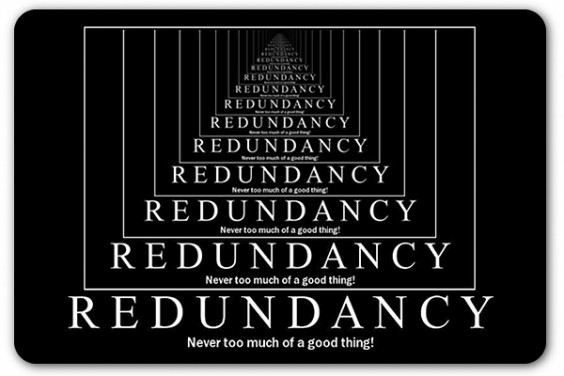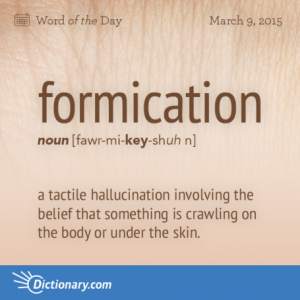PLEONASM (/ˈpliːənæzəm/, from Greek πλεονασμός pleonasmos from πλέον pleon “more, too much”) is the use of more words or parts of words than is necessary for clear expression: examples are black darkness, or burning fire, or A malignant cancer is a pleonasm for a neoplasm. Such redundancy is, by traditional rhetorical criteria, a manifestation of tautology. – Wikipedia entry for pleonasm
I learned a new word today. If you know me, that’s no small thing. The word is pleonasm, proffered by Facebook friend Crys. She writes:
Why has it become so trendy for people to use double negatives? Ooh, it grinds my gears when people say/write things like “reply back”!!!!!
— ![]() feeling annoyed.
feeling annoyed.
Then continues: Also on my naughty list are pleonasms…including, but not limited to: reduce down, raise up, safe haven, & burning fire.#WORDNERD
Crys, I know you read this blog regularly (and if you don’t, I’m pretending you do), as I see you name-checking some previous entries. In addition to your examples, we’ve called out frozen tundra, salsa sauce, please R.S.V.P., and La Brea Tar Pits. But I never knew these tautologies had a designation. So a big Lexicide thank you!
Now, let’s return to faking erudition by using redundant phrases – and annoying Crys!
See also: Redundant, Repetitious and Redundant










